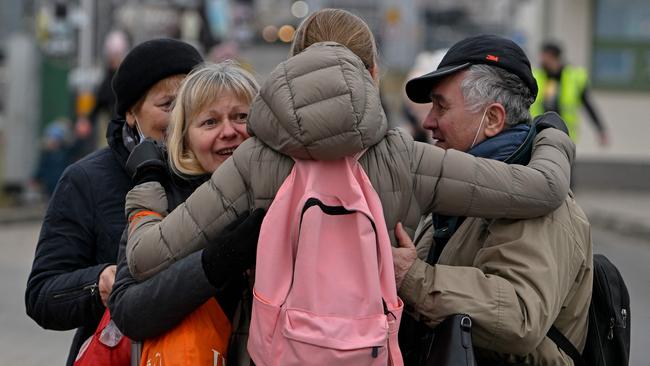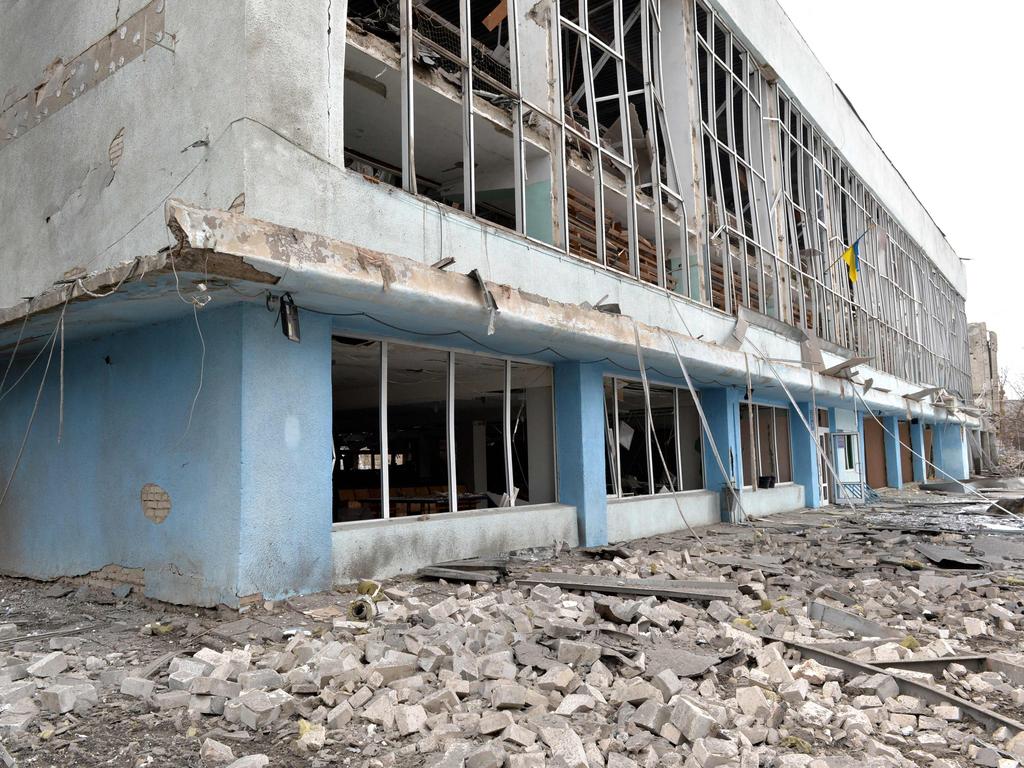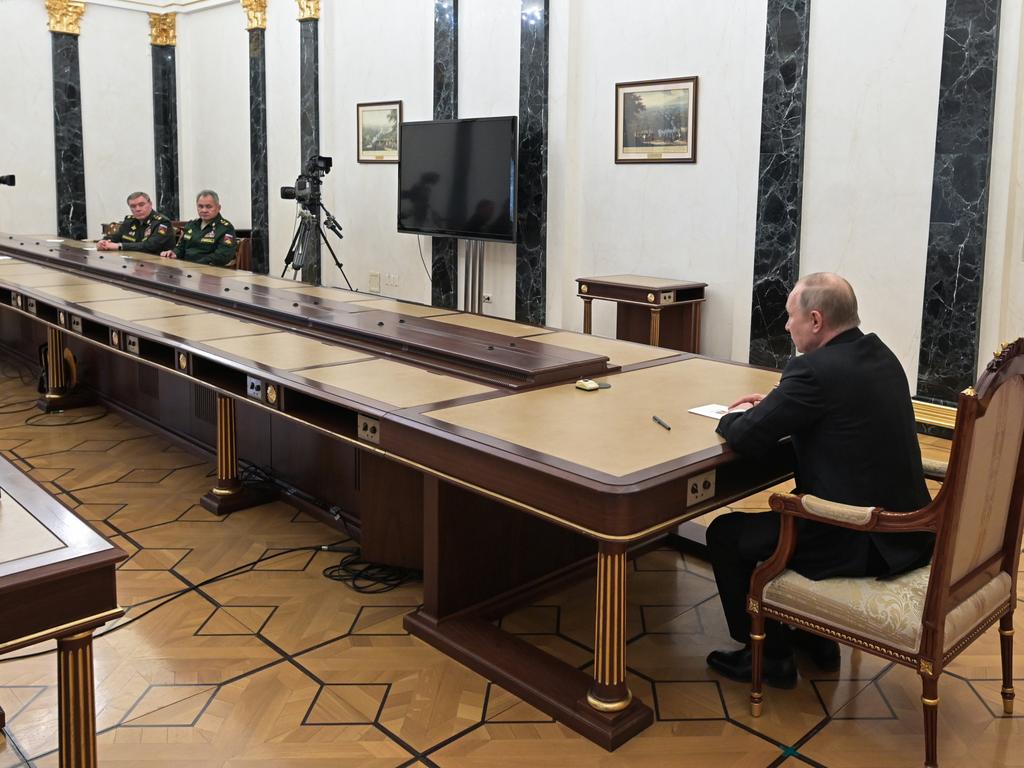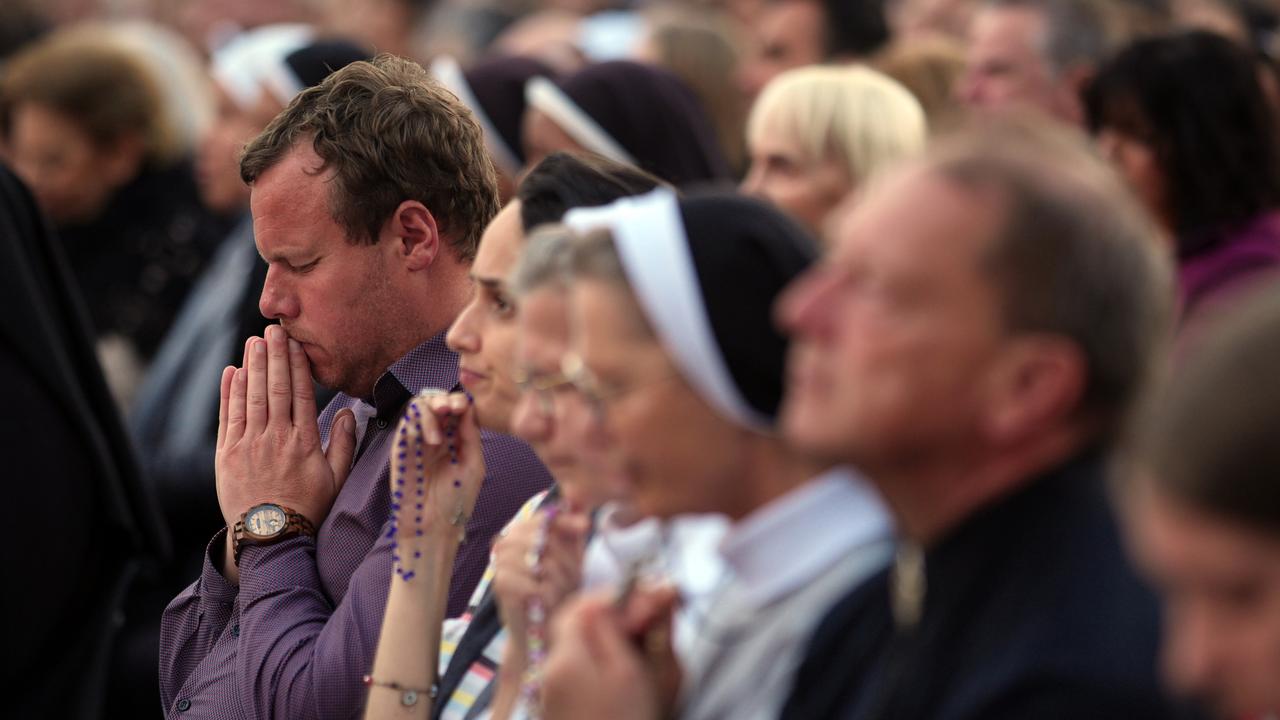Europe faces its biggest refugee crisis since 1945
The UNHCR has estimated that the number of refugees could hit four million by July.

Europe is facing its biggest refugee crisis since World War II as more than 1.5 million people flee Ukraine, the UN has said.
Filippo Grandi, the UN high commissioner for refugees, issued the stark warning after figures released in Warsaw showed that almost a million displaced people had already sought refuge in Poland from the conflict.
“More than 1.5 million refugees from Ukraine have crossed into neighbouring countries in 10 days – the fastest-growing refugee crisis in Europe since the Second World War,” Mr Grandi said.
The UNHCR has estimated that the number of refugees could hit four million by July, heralding a crisis not seen since 1945. The World Health Organisation has expressed grave concern at the worsening humanitarian situation after condemning “attacks on healthcare in Ukraine, causing multiple deaths and injuries”.
“Attacks on healthcare facilities or workers breach medical neutrality and are violations of international humanitarian law,” Tedros Adhanom Ghebreyesus, the WHO’s director-general, said.
The Polish border force confirmed that more than a million people had crossed from Ukraine, with 40,000 more arriving on Sunday morning. More than 230,000 have fled to neighbouring Moldova, a tiny country of 2.5 million, as the number of displaced people is swelled by refugees fleeing the bombardments of besieged cities. Moldova’s Prime Minister Natalia Gavrilita told CNN that every eighth child in her country is a refugee.
Romania, which also borders Ukraine, has accepted 227,446 refugees, while Hungary, another neighbour, had welcomed more than 140,000 at the start of the weekend.
Some 50,000 people have reached the Czech Republic, with numbers exceeding 70,000 in Slovakia, also bordering Ukraine.
Slovakian police said an 11-year-old boy from Ukraine crossed the border with just a plastic bag, a passport and a telephone number written on his hand.
Most refugees are Ukrainian but there are also people from Uzbekistan, Belarus, India, Nigeria, Algeria, Morocco and the US.
Germany, which has taken in more than 30,000 people, said it would take refugees regardless of their nationality if they were trying to flee the conflict.
“We want to save lives. That doesn’t depend on the passport,” Nancy Faeser, the German interior minister, told the Bild am Sonntag newspaper.
The UN has reported that non-white people fleeing the conflict have faced racism when entering countries such as Poland, which was hostile to accepting refugees during the Syria crisis in 2015.
Three rescue flights landed in Tel Aviv on Sunday, from Moldova, Romania and Poland with more than 300 Jewish refugees from Ukraine on board.
THE TIMES






To join the conversation, please log in. Don't have an account? Register
Join the conversation, you are commenting as Logout